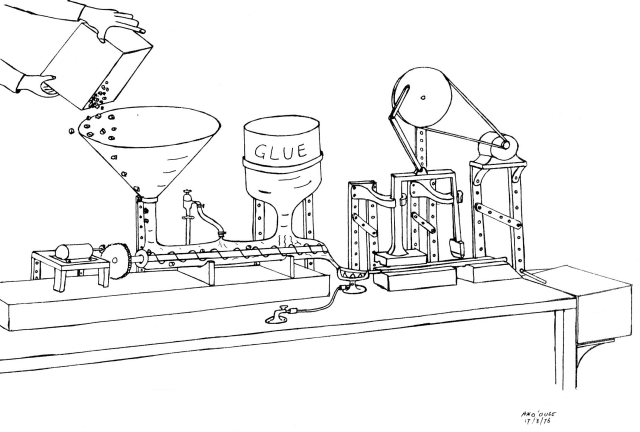This is a joint blog post by Lizz Jennings (Research Data Librarian (Systems)) and Lizzie Richmond (University Archivist and Records Manager)
The University of Bath has engaged in digital preservation activities since launching our Research Data Archive in 2015. We outsourced bit-level preservation to Arkivum, and focused development efforts on discovery and interoperability. Our 50th Anniversary prompted a flurry of interest in our archival materials over the past two years. Part of this involved a project to digitise videos held in our archives to ensure their accessibility into the future. Once digitised, the question of how to preserve the content brought us together to discuss options for preservation.
As we discussed the options, we began to realise that tackling digital preservation project by project was likely to lead to an ad-hoc, fragmented approach that was unsustainable and hard to navigate. We had adequate solutions for the short term for both our particular needs, and decided to focus our efforts on understanding the Library’s digital collections as a starting point for a digital preservation plan.

We began by writing down all the collections we could think of, and supported this by talking to library colleagues about these collections to gain a deeper understanding of whether there were preservation concerns or opportunities. We brought these together into a report, proposing a two-phase project to first assess these collections and record information about them in a Digital Asset Register, and then to take action to improve the management and preservation of the collections we felt were at risk.
Progress has been slow. Even getting the report on an agenda has taken much longer than anticipated, as more pressing projects leapfrogged our report. We soon realised that not being urgent put us at a disadvantage. Unsure how to progress the project, we decided to attend the Digital Preservationists Anonymous event to get some ideas from colleagues on how to move digital preservation up the agenda. If nothing else, the focus on challenges at this event felt accessible even though what we are actually achieving isn’t what we’d hoped.
A range of preservation practitioners from different backgrounds including librarians, archivists, developers and digital media specialists attended. Everyone had prepared a short presentation about their digital preservation woes, which encouraged a level of openness which is uncommon at practitioner events. We learned from the challenges people described. We were especially reassured that although our activities might never change the world, at least our intention to find sustainable solutions might help us avoid pitfalls that others faced. We were also given advice and tools we could use to make a case for digital preservation activities at Bath.
The focus on empathy and positivity enabled us to get a different perspective on challenges and to formulate a clear plan for moving beyond the failure. Opening up about the negatives also helped to bring the positives to light, even in the most disheartening of situations.
On returning to the Library, we undertook a capability maturity assessment as suggested, which has ensured we understand what tools and processes will need to be implemented. Our report has been discussed and can now be acted on with confidence. We might only have got as far as the second part of the getting started section of the digital preservation handbook, but it is the single step that starts the proverbial thousand-mile journey.







































































































































